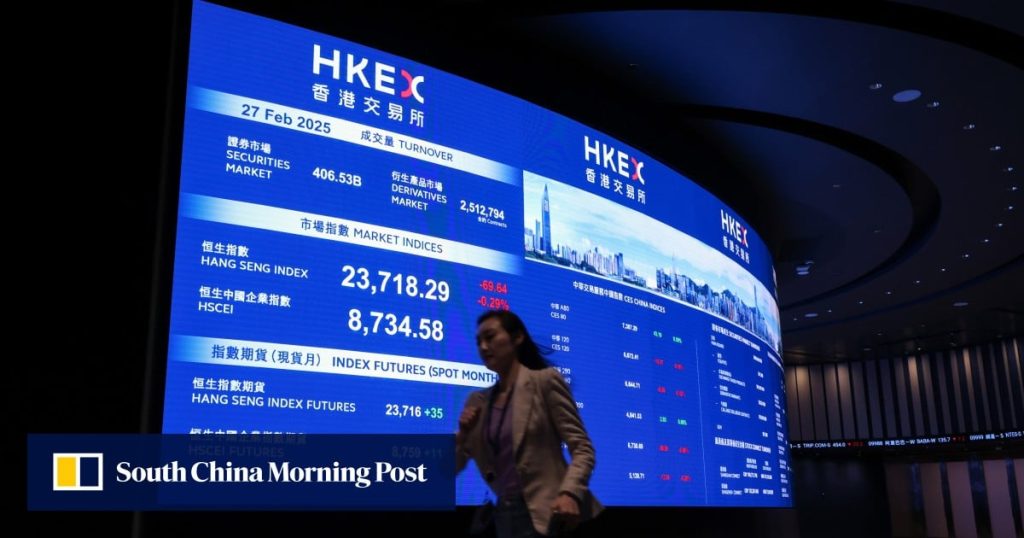Hong Kong Exchanges and Clearing’s (HKEX) latest listing rules on distributing shares in popular initial public offerings (IPOs) are expected to draw more institutional investors and family offices but curb retail participation, according to industry players.
The rules, which came into effect on August 4, mandate that IPO candidates allocate at least 40 per cent of the shares to institutional investors involved in bookbuilding – up from no guaranteed allocation previously.
The rules have reduced the number of shares retail investors can get from the so-called clawback mechanism to 35 per cent of an IPO, down from 50 per cent previously in the event of a heavily oversubscribed offer. The rules also allow companies to not offer clawbacks at all, as long as they offer 10 per cent of the shares to retail investors.
The new formula indirectly sets a 50 per cent cap on IPOs for cornerstone investors, who face a six-month lock-up period.
“The new rule now guarantees institutional investors involved in the price setting of an IPO 40 per cent of the share allotment, which will encourage more investment managers, family offices and other institutional investors to participate in Hong Kong’s IPO market,” said John Lee Chen-kwok, vice-chairman and co-head of Asia coverage at UBS in Hong Kong.
The previous listing rule was fraught with uncertainty for institutional investors involved in the bookbuilding, as it left them with a tiny portion of the IPO, due to the clawback mechanism and the tranche set aside for cornerstone investors, Lee said.


